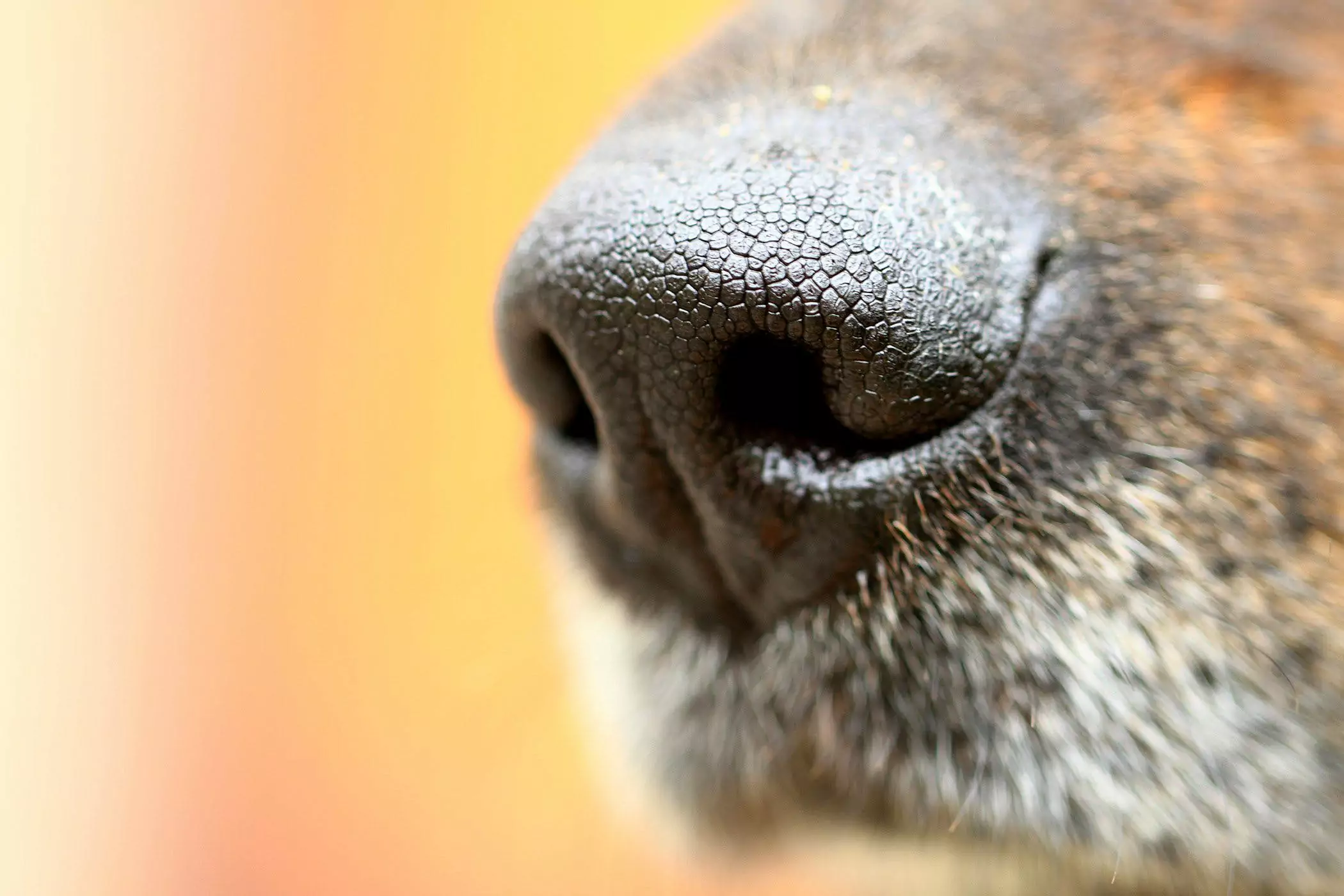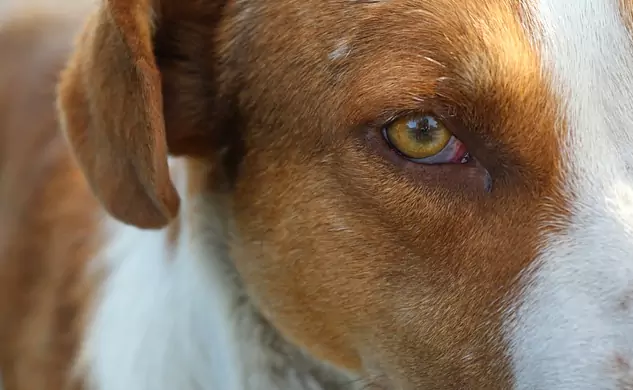Can dogs eat marshmallows? The dangers of sugar for dogs
2022-06-17
Can dogs eat marshmallows
Marshmallows are soft, fluffy candies originally made from an ancient Egyptian herb. Humans and dogs alike love this sweet treat.
In modern times, marshmallows are made from a mixture of sugar, corn syrup, water, gelatin and vanilla flavoring, then baked into some lovely shapes and coated with confectioners' sugar or cornstarch. They are usually shaped as cubes, but can be molded into any shape.

Can dogs eat marshmallows
Of course they can, but only if it's some specific type of marshmallow. Many dogs love its fluffy texture and sweet taste. Some pet owners even use marshmallows to mix medications as a way to get them down smoothly.
While dogs can eat marshmallows, that doesn't mean they should. This food is high in calories and many are made with xylitol, which is toxic.
Dangers of Marshmallows for Dogs
When feeding marshmallows to dogs, keep in mind the following dangers.
1. Because marshmallows are made from sugar and corn syrup, some dogs may experience gastrointestinal upset or even pancreatitis. Vomiting, diarrhea and abdominal pain are common symptoms.
2. The high calorie content can lead to obesity. So you should not feed marshmallows to overweight dogs.
3. Xylitol is an artificial sweetener commonly used in the production of marshmallows, but xylitol can cause toxicity in dogs. Ingesting even a small amount of food containing xylitol can cause a life-threatening drop in blood sugar, which can lead to seizures and even death. Another toxic effect of xylitol ingestion in dogs is the development of liver disease or liver failure. So before feeding, always check the packaging of the marshmallow to determine if it contains xylitol.
4. Marshmallows containing other ingredients or flavors may increase the likelihood of gastrointestinal distress in dogs. The type of chocolate dip or flavored coating can lead to the development of chocolate toxicity or pancreatitis.
5. Although uncommon, some dogs may be allergic to some of the ingredients in marshmallows.
6. Marshmallows come in many different sizes, usually 1.5 inches or larger. Note that large marshmallows are a potential choking hazard for puppies.
What should you do if your dog eats marshmallows containing xylitol?
Xylitol is a sugar alcohol sweetener found in many sugar-free human foods, including: candy, baked goods, peanut butter and chewing gum. Ingestion of xylitol can cause a sudden drop in blood sugar, which can lead to drowsiness, weakness, loss of coordination, and an attack within 30 minutes. These above symptoms can last for several hours. Treatment for this problem includes: frequent glucose checks and intravenous glucose supplementation. In addition to a drop in blood sugar, xylitol can cause life-threatening liver failure in dogs.
Because of the greater danger of xylitol, your veterinarian may recommend inducing vomiting in your dog after he ingests a product containing xylitol, but only if it has been "just ingested". If the problem is still not resolved, it's time to take your dog to the vet.
The safest way to feed marshmallows to dogs
The safest way to feed your dog marshmallows is to feed them in small pieces (and they need to be xylitol-free). But why do you have to feed your dog marshmallows? There are many healthy snack options for dogs, including: small pieces of carrots, cauliflower, green beans, or small pieces of fruit (such as apples). If your dog shows any signs of illness, call your veterinarian or the nearest emergency veterinary clinic immediately.
Can dogs eat sugar?
Dogs should not eat sugar. Because sugar is highly viscous, if it sticks to the teeth and is not cleaned promptly, it can lead to problems such as tooth decay, bad breath, and even threaten your dog's gut.
Speaking of eating, sugar intake certainly brings pleasure, but this pleasure is fleeting and can lead to many problems later on, such as obesity. It's not just us, dogs are also a real candy lover. In fact, dogs cannot eat sweets. The most critical point about the dangers of sweets for dogs is that it affects their digestive system. Dogs cannot break down and absorb sugar on their own, and when they consume too much sugar, the digestive tract becomes highly permeable, allowing large amounts of body fluids to enter the intestines and cause diarrhea to develop. In addition to causing diarrhea, the dog's body resistance is lowered.
In addition to the above problems, excessive sugar intake in dogs can also produce hair loss. Many people think that hair loss in dogs is a normal physiological phenomenon, but generally dogs will have a slight seasonal change in hair loss in addition to a number of other causes of hair loss, and the intake of sugar is one of them. When a dog eats too much sugary food, decreased gastrointestinal function can also lead to endocrine disruption and abnormal hair loss can occur.
Not only the sugar added to many foods, such as yogurt, and other processed sweet snacks, should not be given to dogs. It is impossible to satisfy a dog's sweet tooth. Try making your own sweet fruits and vegetables, such as, pumpkin, gourd, and carrots for dogs.
Can Dogs Eat Sweets
Sweet foods are delicious and dogs love them, like candy, cakes, bread, and even chocolate and cream, but eating sweets can do more harm than good for your dog.
Methods/Steps
1
Soft and sticky sweets are harmful to your dog's teeth, because sweet crumbs are a good breeding ground for bacteria, which can easily contribute to the growth of bacteria, leading to dental plaque, tooth decay and other dental diseases in dogs.
2
Dogs that often eat sweets are prone to gastrointestinal and oral diseases, and the consumption of ice cream and other too cold or too greasy sweets can cause vomiting or diarrhea in dogs, leading to enteritis. Chocolate contains a substance called cocoa, too much consumption will cause dog poisoning, resulting in rapid heartbeat, muscle tremors, and even death.
3
銆€銆€The high ratio of sugar and fat in sweet foods, even if you do not eat much, can make the dog's intake of energy and other nutrients out of proportion. In addition, the dog's intake of energy is high, and can not be consumed and converted into fat deposits in the dog's body, it will cause obesity in dogs.
Can dogs eat lollipops occasionally?
Dogs cannot eat lollipops for several reasons.
First, when eating lollipops dogs are not easy to bite, easy to swallow directly, may be stuck in the throat.
Second, lollipops belong to the sweet food, and dogs should not eat sweets, which can cause the following problems.
1. harm teeth: very bad for the dog's teeth, stick to the teeth will cause tooth decay. If the owner rarely brushes the dog's teeth or even do not brush, it is easy to cause periodontitis and bad breath.
銆€銆€2. cause hair loss: directly eaten sugar or sugar contained in sweet foods like cream cakes, will increase the burden on the dog's stomach and intestines causing endocrine disruption, eat too much will make the dog endocrine disruption and even hair loss.
銆€銆€3. cause fat: eating too much sugar will make the dog fat, and obesity is prone to induce a series of diseases, such as fatty liver, diabetes, hyperlipidemia, coronary heart disease, etc., damage to the movement, circulation, reproductive and other systems. Especially when the dog enters old age these diseases will threaten the life of the dog.
Was this article helpful to you?
Other links in this article
português (Brasil):
Os cães podem comer marshmallows? Os perigos do açúcar para os cães
中文简体:
狗能吃棉花糖吗?糖对狗的危险
中文繁体:
狗能吃棉花糖嗎?糖對狗的危險
Comments
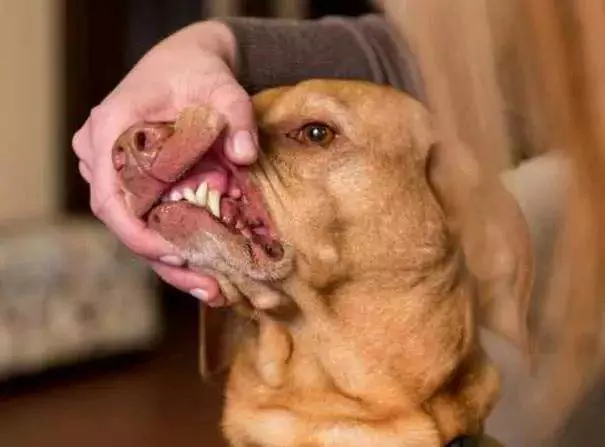
Is a dog's mouth cleaner than a human's? Dogs' mouths need regular cleaning
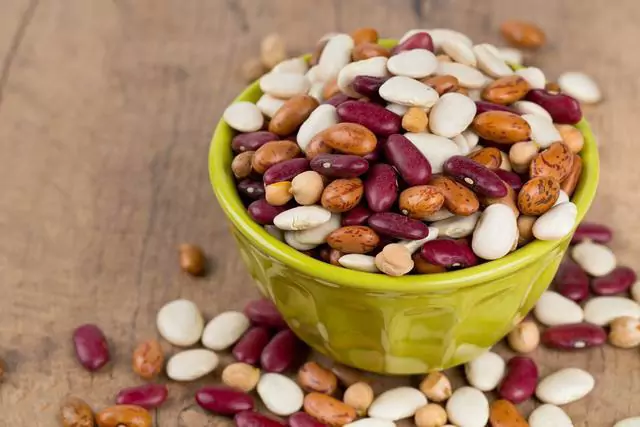
Can dogs eat beans? Do dogs eat beans for health?
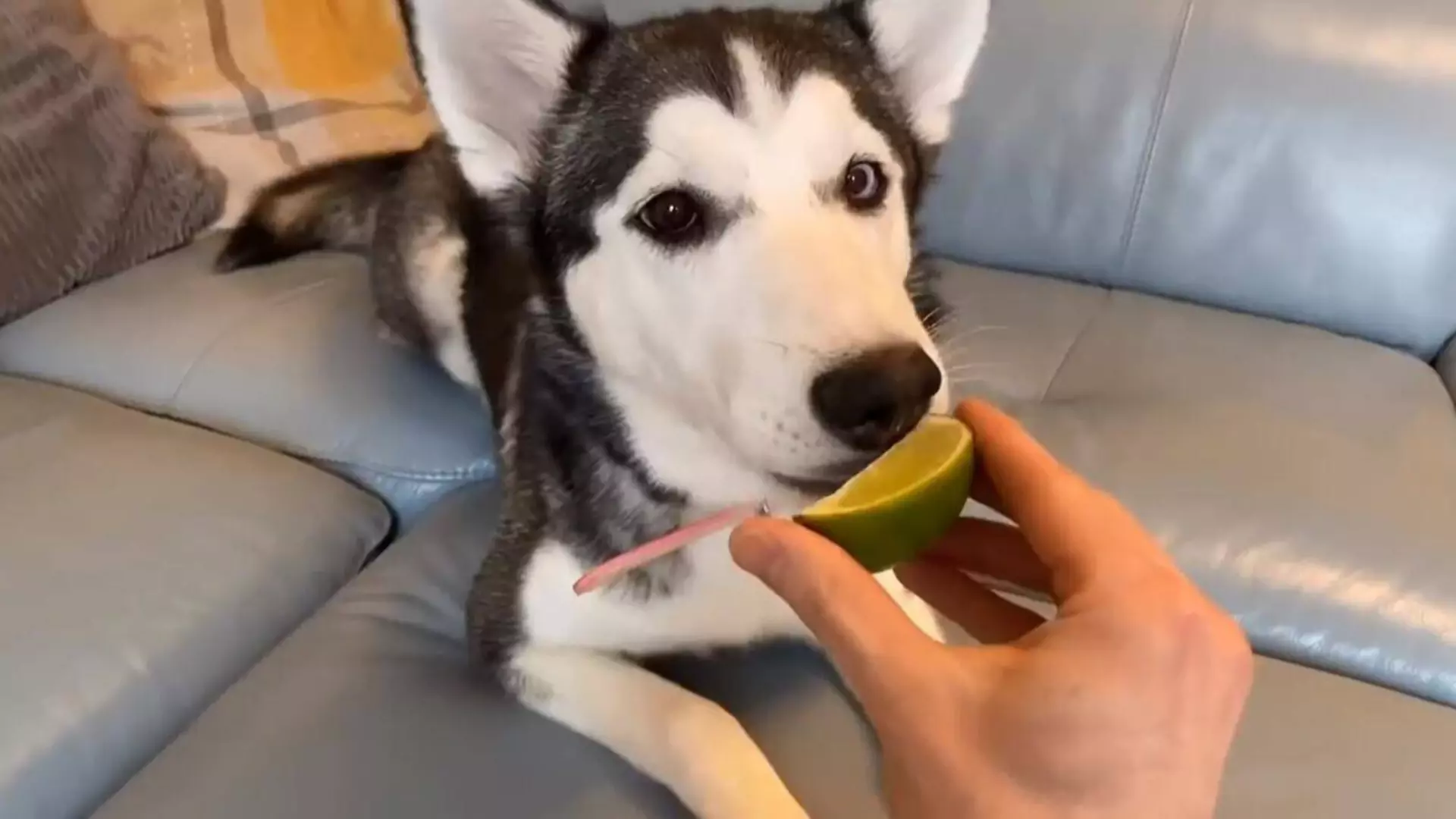
Can dogs eat lemons? Fruits that dogs should not eat more of

Do dogs have nightmares? Are dogs' dreams similar to humans'?
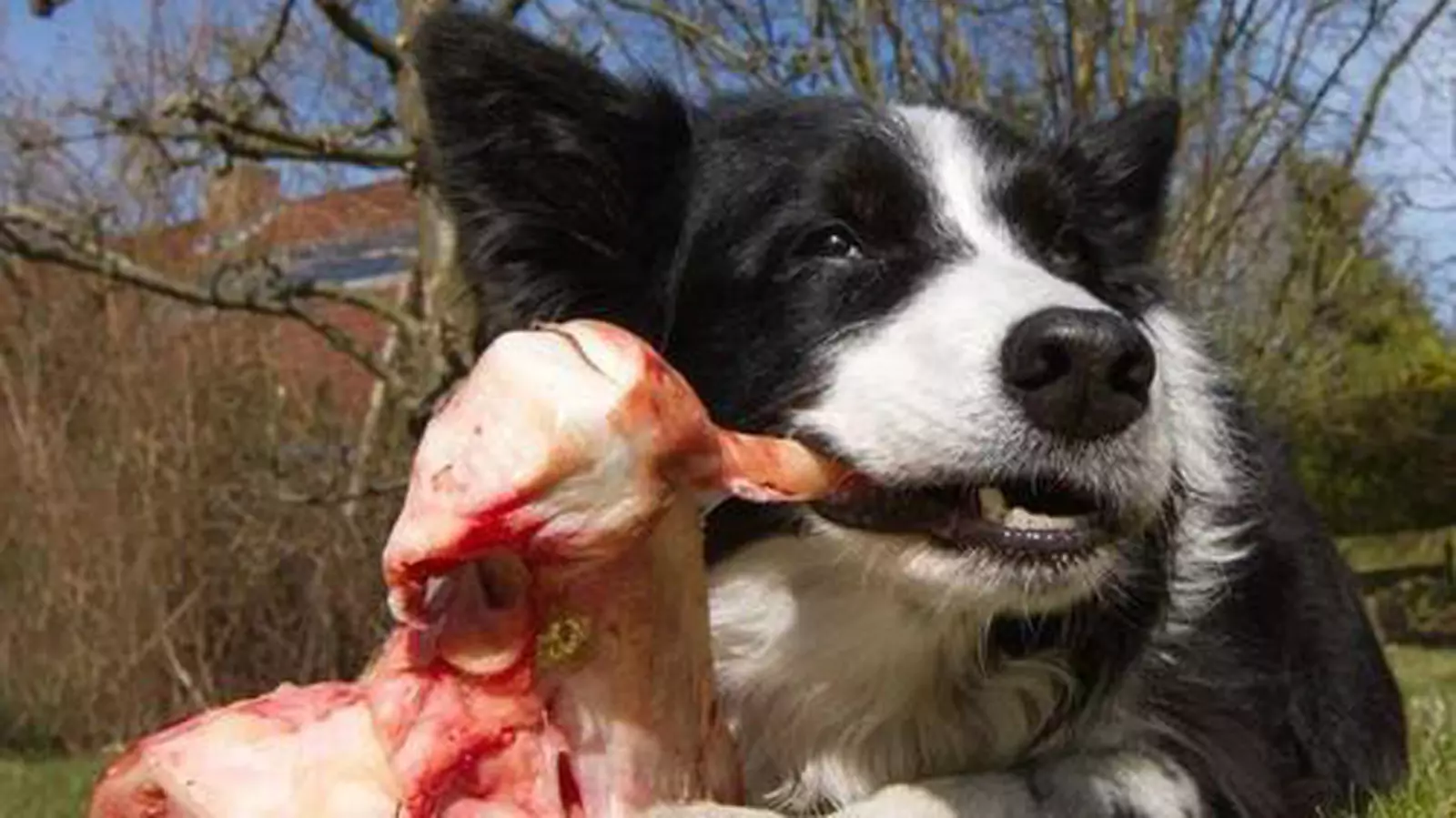
Can dogs eat raw beef? The benefits and drawbacks of beef for dogs
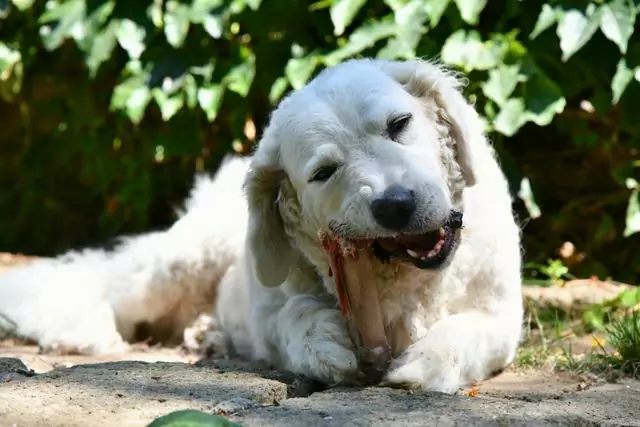
Is raw meat good for dogs? Can dogs eat raw chicken?
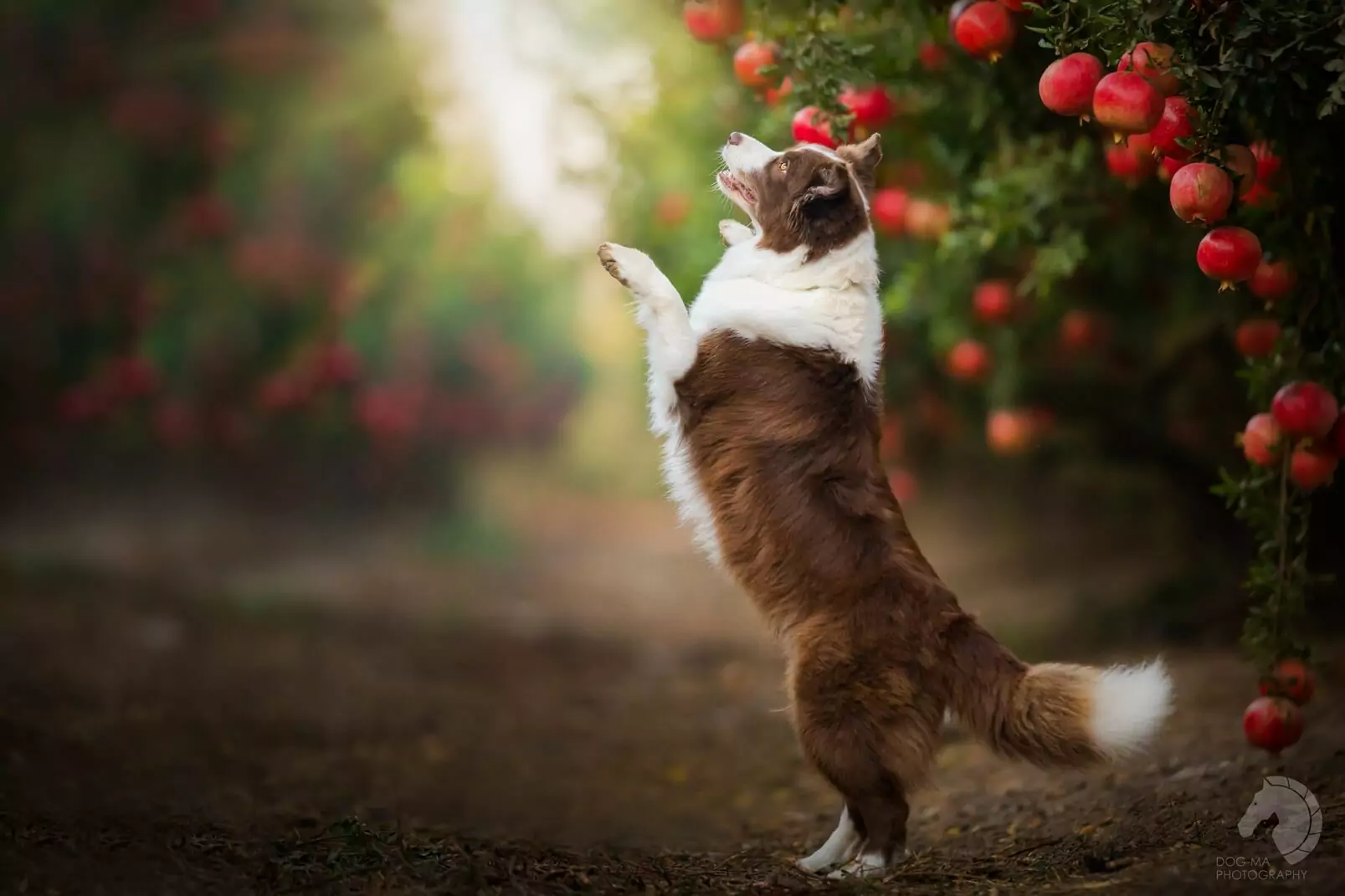
Can dogs eat pomegranates?

Can dogs eat ham?Can all types of ham hocks be eaten?

How to give a dog a bath

Can dogs eat kimchi?




